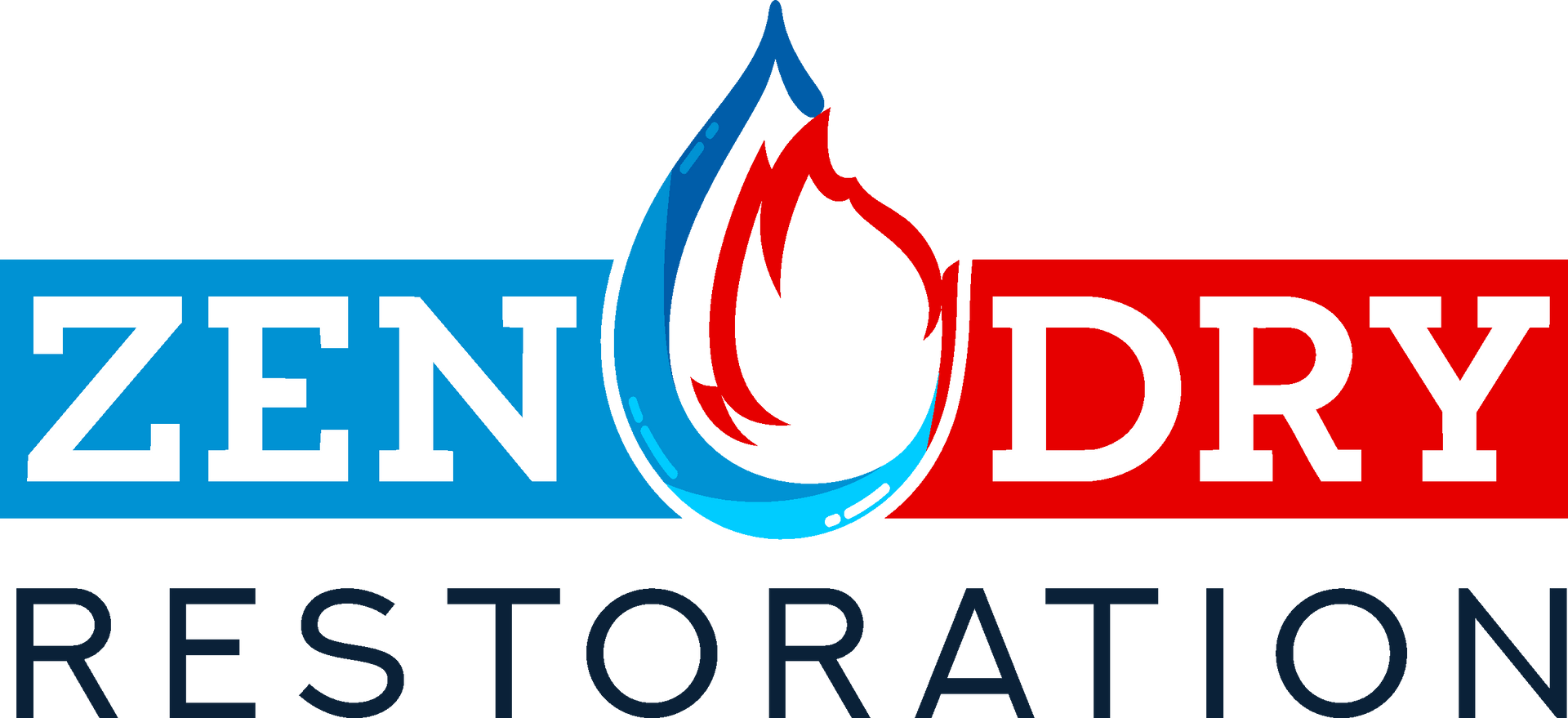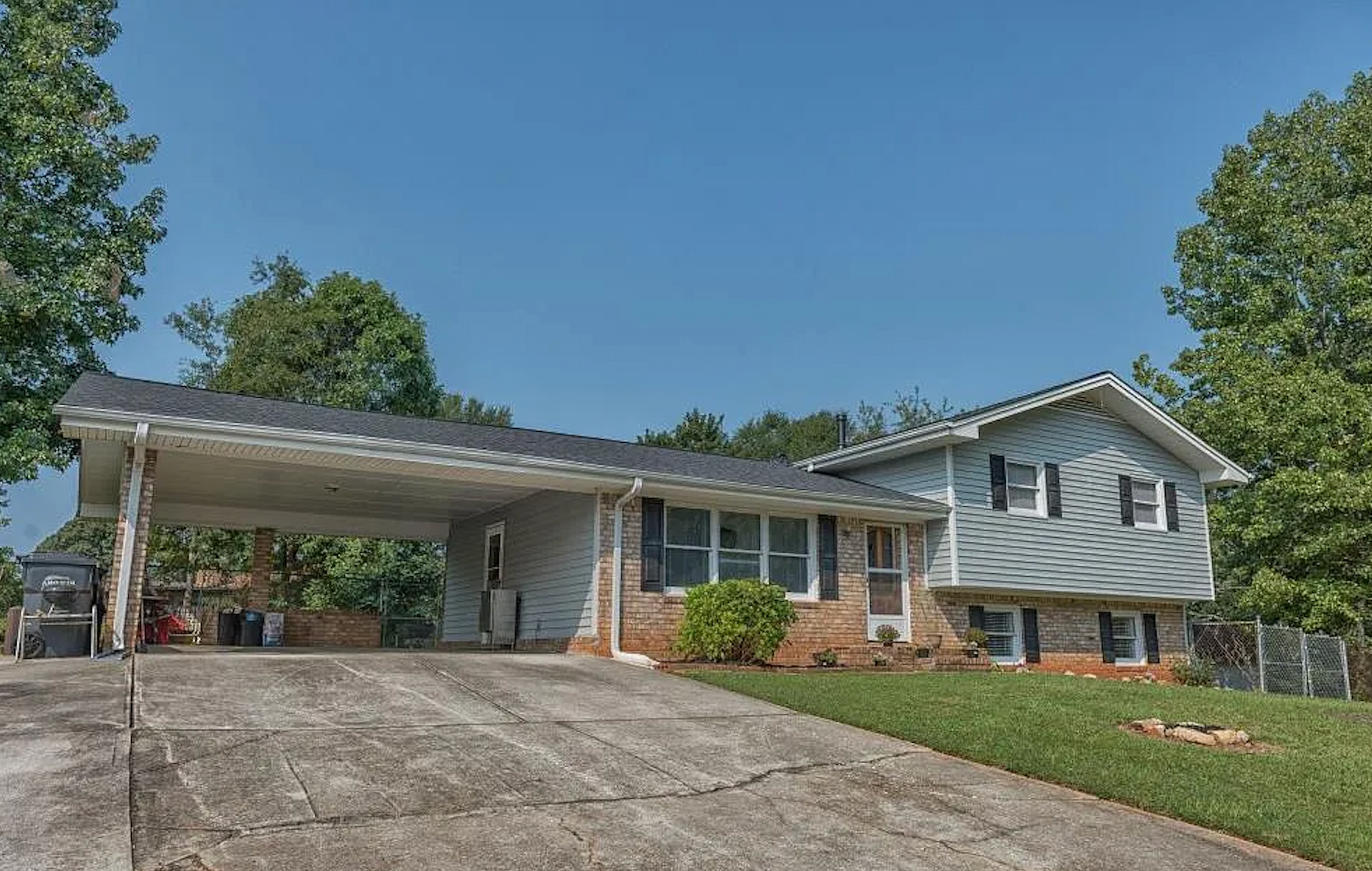5 Water Damage Restoration Tips You Should Know
Water damage is one of the most common and costly problems homeowners face. Whether a natural disaster has flooded your home or you have a water leak, it's important to take action quickly to minimize the damage.
Water damage restoration may seem like something only necessary for major floods, but even a tiny amount of water can cause severe damage if not treated quickly. If you have experienced water damage in your home, read on for five tips to help you get started with the restoration process and learn about what water damage restoration is and how it can benefit your home.
The need for water damage restoration
Water damage is a serious issue that can affect any property. It can be caused by weather-related events, broken water pipes or appliances, and sewage backups. No matter what the cause, water damage can lead to extensive and expensive repairs if not addressed quickly. That's why it's essential to understand water damage, the potential effects it can have on your home, and the steps you need to take for water damage restoration. Water damage restoration is the process of cleaning and repairing damaged property after a water event. Water damage can come from a variety of sources, including:
- Flooding
- Burst pipes
- Leaking roofs
- Sewage backups
- Overflowing appliances and more!
What Does Water Damage Affect?
Water damage can affect various parts of your home, including:
- Drywall:
- Damage usually occurs through absorption, causing the drywall to swell and eventually crumble.
- Plaster:
- Similar to drywall, water absorption can cause swelling and crumbling.
- Insulation:
- Wet insulation doesn't work as effectively and may need to be replaced if it experiences water damage.
- Wood:
- Water can cause wood to swell, warp, or rot. This can happen to wood flooring or wood furniture.
- Framing:
- Wet framing can cause mold growth, warping, and rot in the frame of your home.
- Floor coverings:
- Carpet, tile, and hardwood floors can be damaged by water absorption, staining, or swelling of floor or wall coverings.
- Electrical wiring:
- Water damage to electrical wiring can cause fires or shorts to occur.
- Pipes:
- Broken or leaky water pipes can cause water damage to the surrounding areas of your home.
- Appliances:
- Water damage to appliances can cause them to malfunction or break down completely.
- HVAC:
- Wet HVAC systems may need to be replaced if water damages them because they can be a breeding ground for mold.
What to Consider Before Water Damage Restoration?
1. Prevent mold
Preventing mold is critical in water damage restoration, as it can spread quickly and lead to extensive damage if left untreated. Mold can grow in damp environments like a wet carpet or other affected surfaces after a water emergency. If mold is present, it is vital to remove it immediately and dry the area thoroughly to prevent further growth. Water removal services that prevent mold include using powerful fans and dehumidifiers to dry the area completely. It is important to disinfect all remaining affected areas to prevent the spread of mold spores after excess water builds up.
Mold can be challenging to spot, so inspect all potential growth areas carefully. If mold is present, it will usually appear as a dark stain or spots on walls, ceilings, or other surfaces. If you notice any mold growth, it is crucial to remove it immediately and dry the area thoroughly to prevent further growth. If you have a water emergency, you must call professional restoration services as soon as possible. Restoration companies are trained and equipped to handle all aspects of inspecting mold and preventing mold from spreading.
2. Disconnect Outlets
Water damage can often be a complicated and daunting process to restore. Whether the water damage is from a burst pipe or a natural disaster, it is crucial to take the necessary precautions to ensure that the damage is not exacerbated. One of the first things you should do when dealing with water damage is to disconnect all the area's electrical outlets. Be it a flooded bathroom where electricity could pose a danger or to avoid further damage to your home; it is always best to err on the side of caution.
In case of significant damage due to flooding, it's best to turn off electricity at the breaker. This is to prevent any electrical shock hazards and avoid further damage to your home. Always remember safety first! After the power is off, assess the situation and see what appliances or other electronics were damaged by the water. If any outlets or appliances are completely submerged, it is best to have a professional inspect them before using them again, as they could pose a severe fire hazard.
Once all the outlets are disconnected, you can start removing any damaged materials. This includes drywall, insulation, wood, flooring, and anything else that may have been damaged or could cause electrical shock when the power is eventually turned back on. Avoid future problems by acting quickly and fixing the current ones. When water damage is detected, turning off your electrical sources after experiencing significant flooding can reduce your chance of electrocution and improve water damage restoration.
3. Remove damaged materials
A water emergency can affect various materials in your home, so it's essential to inspect all areas for damage and take corrective action. In some cases, damage like mildew growth in damaged items like drywall or insulation may be irreversible, so removing these items as soon as possible is crucial. Other materials like wood and floor coverings can usually be salvaged if they are dried out quickly and thoroughly.
A professional should always inspect electrical wiring and appliances before use, as water damage can cause serious safety hazards. Once you've removed all damaged materials, it's vital to disinfect the remaining areas to prevent mold and mildew growth. A professional water damage restoration company will have the knowledge and equipment to properly dry out your home and remove all traces of water in a timely manner.
If you're unsure how to handle water damage or worried about microbial growth in your home after a water emergency, it's always best to call a professional for assistance. The water damage experts at Zen Dry Restoration are available 24/7 to help you assess the damage and take the necessary steps to restore your home. Whether it is a wet area or damage to personal belongings or the interior of your home, we can help remove all damaged materials and get you back to normal as soon as possible. Give us a call today at (678) 468-3435.
4. Disinfect remaining areas
Water damage can have a devastating effect on a home. Not only is water a destructive force, but it can also be a breeding ground for mold and bacteria. To prevent any long-term damage, it's important to disinfect any remaining areas after water damage restoration. Once you've removed all the damaged materials, it's time to focus on disinfecting the remaining areas. The source of the damage will determine what kind of cleaning and disinfecting solutions you need to use. If any of these materials are water-logged, they may need to be replaced. You can use bleach or other household cleaners if the water is clean. However, if the water is contaminated, you'll need to use a more potent disinfectant. When cleaning, always work from the top down. This will prevent any dirty water from spreading and contaminating other areas. Start by dusting off any cobwebs or debris. Then, apply your cleaning solution to all surfaces using a clean cloth. Pay special attention to areas prone to mold, such as corners and under sinks. Once you've finished disinfecting, dry the area completely.
Water damage can be a stressful and overwhelming experience and professionals can help deal with disinfecting your home after water damage. If you're looking for guidance or believe the damage is beyond what you can handle, it's always a good idea to leave water damage restoration to the professionals.
5. Dry water out
One of the most critical aspects of water damage restoration is drying out the water to prevent the problem from getting worse. Water left untreated can cause several problems, such as mold growth, electrical shorts, and damage to your home's structure.
When drying out your home, it's essential to inspect all affected areas, including drywall, plaster, insulation, wood, framing, floor coverings, electrical wiring, pipes, appliances, and heating and cooling systems. You may need to remove damaged materials and disinfect the remaining areas, especially if you did not have a quick response in treating water damage.
When drying out water, it's crucial to use fans, dehumidifiers, and air movers to circulate the air and speed up the drying process. It is also a great idea to open windows and doors to allow for cross-ventilation. It's essential to monitor the humidity levels inside your home during the drying restoration process and ensure they do not exceed 60%.
If you're unsure about how to dry out your home or if the damage properly is too extensive, it's always best to call a professional water damage restoration company. They will have the experience and knowledge to properly assess the situation and take the necessary steps to restore your home. With experience and proper equipment, they will be able to quickly and effectively dry out your home and prevent further damage.
FAQ
Can you fix water damage on your own?
Water damage can be a costly and damaging problem in any home. Left untreated, water damage can quickly spread and cause irreparable harm to the structure and contents of a home. Restoration is often required to address water damage adequately, and this process can be expensive and time-consuming. Many homeowners try to fix water damage themselves, but this is often not the best option.
Professionals specializing in water damage restoration are trained to quickly and effectively address the problem. They have the knowledge and experience to identify the water damage's source and take steps to prevent it from spreading. They also have access to specialized equipment to remove water and dry a home quickly and thoroughly. While it is possible to fix water damage yourself, it is often best to leave this task to the professionals. Water damage restoration can be complex and time-consuming, and it is often best to leave it to those with the training and experience to handle it properly.
How long does it take to get rid of water damage?
Water damage can be a severe problem, and it's vital to take action as soon as possible to minimize the damage. How long it takes to get rid of water damage depends on several factors, including the severity of the damage, the type of materials affected, and whether or not professional help is involved. In general, the sooner you take action to remove water damage, the better. Water damage can cause several problems, including warping and swelling of wood, mold and mildew growth, and metal rusting. The longer water damage is left untreated, the greater the chance of these problems occurring.
You will need to hire a professional restoration company for more severe water damage, such as a flood. These companies have the experience and equipment to quickly and efficiently remove water damage. If you have minor water damage, such as a small leak, you may be able to clean it up yourself, but a professional can do it faster and with less risk of further damage.
The time it takes to get rid of water damage also depends on the type of materials affected. For example, carpet and padding can often be saved if they are dried within 24-48 hours. However, if they are not dried quickly enough, they may need to be replaced. Wood floors may also be salvaged if they are dried within a few days, but if water damage is left for too long, the wood will likely need to be replaced.
In general, it is best to hire a professional to remove water damage as they will have the experience and equipment necessary to do the job quickly and efficiently. However, if you can clean up the water damage yourself, it is important to do so as soon as possible to minimize the damage.
Why is water damage a problem?
Water damage is a serious problem because it can cause extensive damage to your home. Water damage can be caused by many things, including leaks, floods, and faulty plumbing. If water damage is not dealt with quickly, it can lead to mold growth and further damage to your home.
Call a Professional for Your Water Damage Restoration in Marietta GA
If you’re looking for guidance or believe the damage is beyond what you can handle, it’s always a good idea to leave water damage restoration to the professionals – contact Zen Dry Restoration Water Damage Experts for 24/7 support. Call us today at (678) 468-3435







